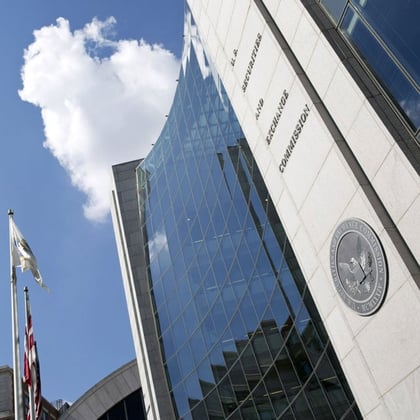What You Need to Know
- GWFS was ordered to pay the SEC a $1.5 million civil monetary penalty.
- The BD failed to file approximately 130 SARs and omitted information from 297 SARs it did file.
- GWFS was aware of increasing attempts by external bad actors to gain access to the retirement accounts of individual plan participants.
The Securities and Exchange Commission announced settled charges against GWFS Equities Inc., a Colorado-based registered broker-dealer for failing to file suspicious activity reports, or SARs, related to external bad actors’ attempts to gain access to the retirement accounts of individual plan participants.
GWFS, an affiliate of Great-West Life & Annuity Insurance Co. that provides services to employer-sponsored retirement plans, was ordered to pay the SEC a $1.5 million civil monetary penalty.
According to the SEC’s order, from September 2015 through October 2018, GWFS was aware of increasing attempts by external bad actors to gain access to the retirement accounts of individual plan participants.
During that time period, GWFS failed to file certain SARs with the Treasury Department’s Financial Crimes Enforcement Network (FinCEN) and omitted from certain filed SARs important information it knew, and was required to report, about the suspicious activities.
Over the course of the relevant period, “GWFS began detecting increasing numbers of attempts by bad actors to gain unauthorized access to the retirement accounts of individual plan participants and the funds therein,” the order states.
The bad actors generally tried to access the accounts by using improperly obtained personal identifying information of the plan participants.









 May 13, 2021 at 09:13 AM
May 13, 2021 at 09:13 AM











